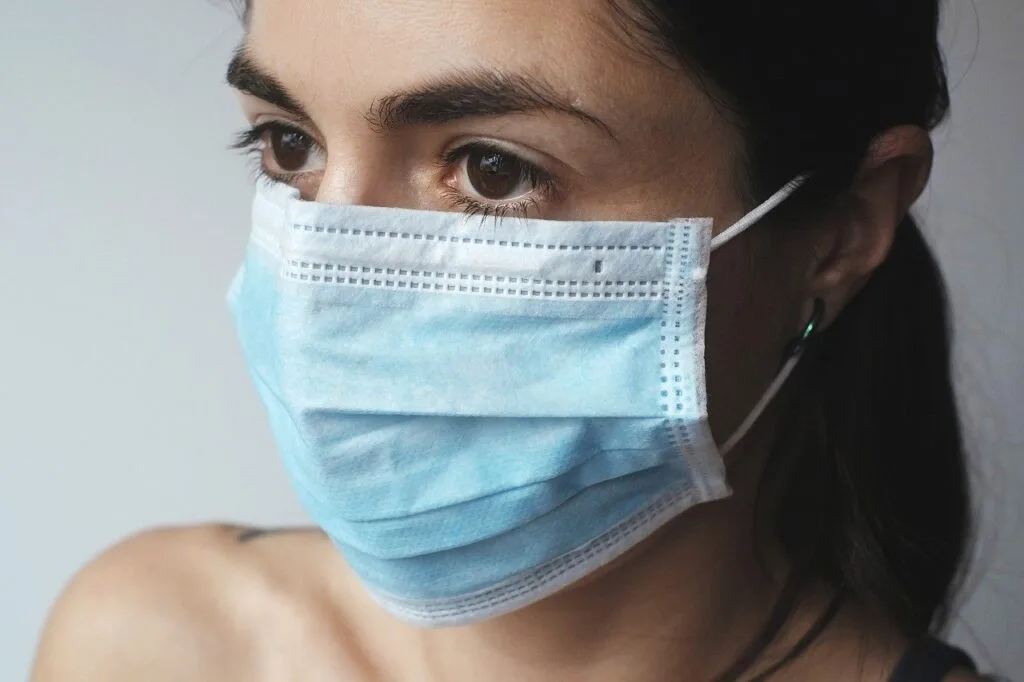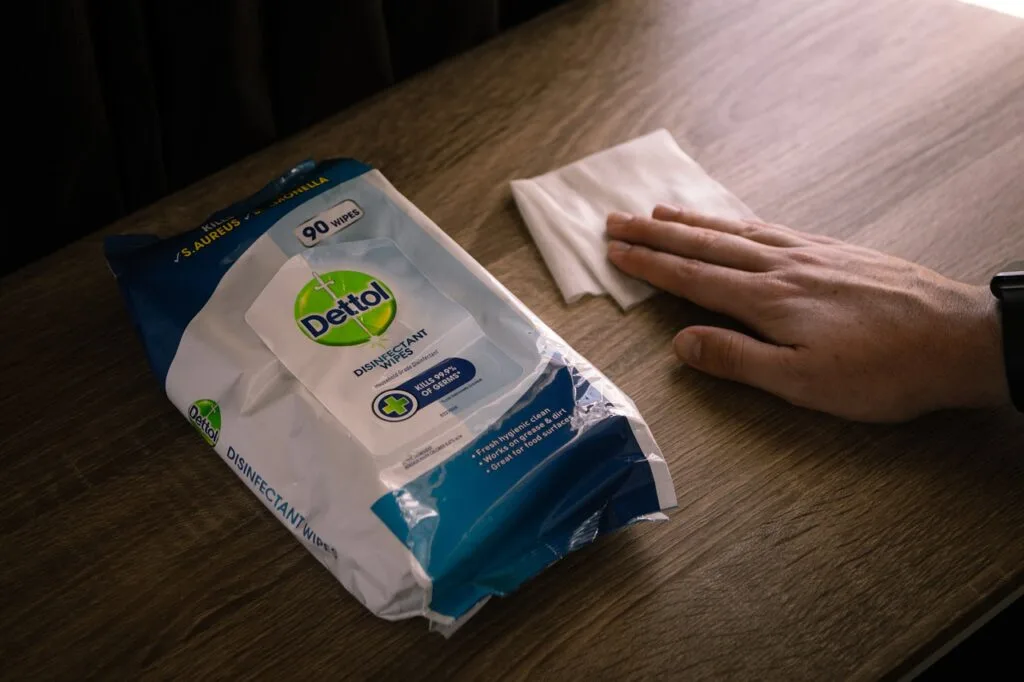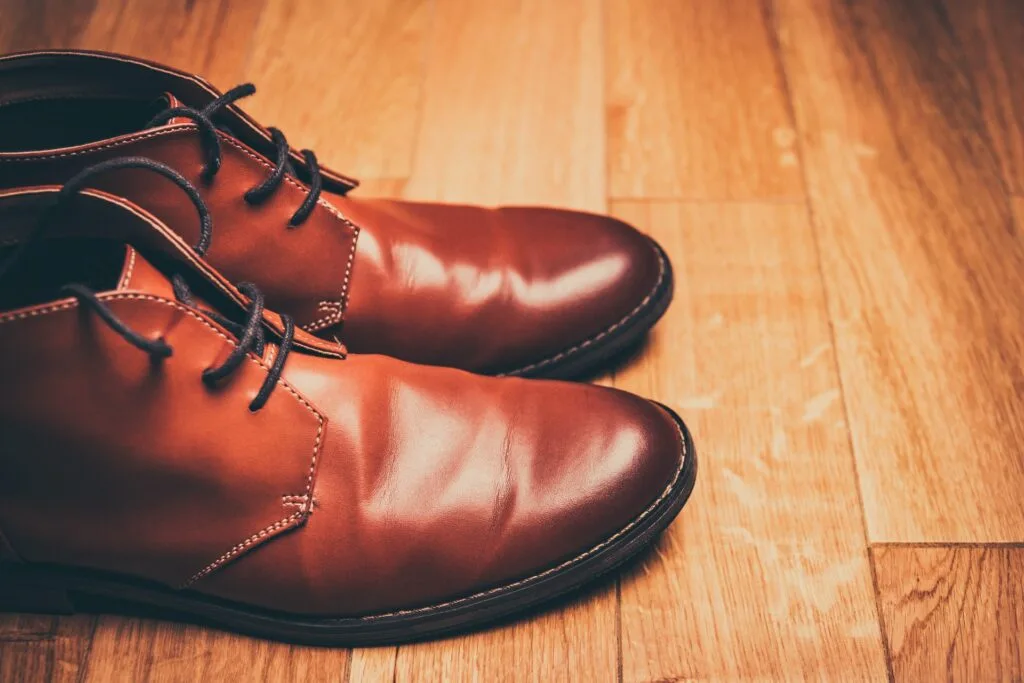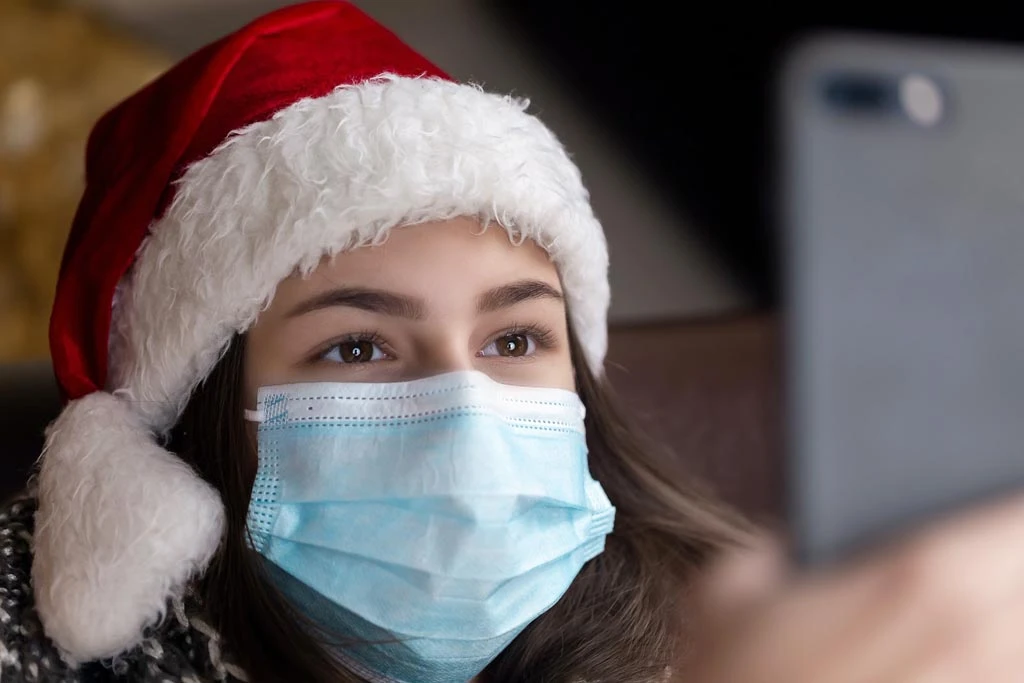The so-called new normal presents a different reality from what you’re likely used to. As companies transition back to their regular operations, their employees’ lifestyle, meantime, has dramatically changed in the course of the pandemic.
Since there is still no available cure or prevention from the virus, commuting will be a difficult feat for workers more than ever. There are long lines at the train station, and it would take you hours to hop on the bus to go to work. Public transportation has become far less available unlike before the quarantine. If your house is near your office, then good on you.
However, a lot of commuters are finding commuting a challenge, as the number of COVID-19 cases is still increasing. Aside from the risk of COVID-19 infection, the limited modes of public transportation are making it hard for most commuting office workers.
Although companies have gone back to their office set-up, this doesn’t mean that you shouldn’t be wary of your surroundings. Below is a list of safety guidelines for commuters in the time of COVID-19:
1. Bring an isopropyl alcohol spray.
 Photo Courtesy of cottonbro via Pexels
Photo Courtesy of cottonbro via Pexels
Vigorous washing is the best way to clean your hands. However, if you’re commuting, it’s a great alternative to use an alcohol-based sanitizer with 70-90% strength to disinfect with, according to the Center for Disease Control and Prevention (CDC).
As a commuter, be cautious when touching surfaces. Likewise, be conscious when sneezing or coughing in public. The goal is to keep yourself from acquiring the virus and avoid spreading it, in case you’re already infected.
2. Always wear a face mask.
 Photo Courtesy of coyot via Pixabay
Photo Courtesy of coyot via Pixabay
The use of face masks is highly recommended by the World Health Organization (WHO), especially when you go out. You may opt to use washable face masks since surgical face masks are reserved for medical health workers.
According to the Center of Disease Control and Prevention, face masks have the capability to lessen the spread of the virus as well as the unnecessary touching of your face.
3. Observe social distancing.
 Photo Courtesy of Corey Agopian via Unsplash
Photo Courtesy of Corey Agopian via Unsplash
Social distancing is one of the most observed protocols set by the government today. According to the Department of Health (DOH), limiting face-to-face interaction with others is the best way to prevent the spread of COVID-19. This should be strictly observed especially when commuting because it is where you are in a closed area with other people outside your home.
To practice social distancing, keep a distance of at least six feet from other people. The spread of the virus happens when an infected person coughs, sneezes, or talks, and droplets from their mouth or nose get to the air and land in the mouths or noses of people nearby.
4. Drink vitamins regularly.
 Photo Courtesy of Karolina Grabowska via Pexels
Photo Courtesy of Karolina Grabowska via Pexels
Taking vitamins every day is essential to boost your immune system and fight off viruses that might enter your body. Research from Oregon State University states that vitamins C and D are effective in fighting COVID-19 as well as other acute respiratory tract diseases.
Vitamins C helps in several aspects of immunity, including the growth of immune cells and the production of antibodies, while vitamin D plays a vital role in influencing your body’s response to infections. Both vitamins are important in preventing the virus from damaging your immune system and making you sick.
5. Have a proper and regular exercise.
 Photo Courtesy of Elly Fairytale via Pexels
Photo Courtesy of Elly Fairytale via Pexels
Regular exercise helps strengthen the body and its immune system to fight off viruses. Exercising helps release hormones that promote the ability of your body to absorb the nutrients and vitamins you intake. This is also beneficial in preventing weight gain, reducing stress and anxiety, and improving your sleep.
There are basic workouts you can do at home to help yourself stay healthy and safe during the pandemic. You can still have a proper exercise without having to risk going to the gym.
6. Have a healthy diet.
 Photo Courtesy of Ella Olsson via Pexels
Photo Courtesy of Ella Olsson via Pexels
Aside from proper exercise, a healthy diet is also an essential part of supporting a strong immune system. Good nutrition is equally important before, during, and after an infection.
The Food and Agriculture Organization (FAO) of the United Nations published the importance of maintaining a healthy diet during the pandemic. This guide explains that while no food or dietary supplement can completely keep you from the COVID-19 infection, it can still help boost your immune system. The FAO recommends eating a variety of food within each food group to ensure a sufficient intake of important nutrients.
7. Drink plenty of water.
The many benefits of drinking water vary from good digestion to keeping your skin healthy and fighting viruses. Increased water intake can improve your physical performance, cognitive function, as well as help aid in regulating your body’s temperature control. We need an adequate amount of water in our body to boost our immune system.
On another note, drinking plenty of water can also increase your urge to go to the bathroom, thus inadvertently getting you to wash your hands more often.
8. Bring disinfecting wipes.
 Photo courtesy of squirrel_photos via Pixabay
Photo courtesy of squirrel_photos via Pixabay
Disinfectant wipes are used to clean your things like bags and shoes after your commute. These things can also be surface prone to the transmission of the virus. Disinfectant wipes contain chemical agents that are meant to kill the viruses in minutes.
Ensure that your things are clean and free from viruses. Using disinfectant wipes is another way to make sure that you prevent the virus from possible entry to your body.
9. Carry an extra pair of shoes for work
 Photo Courtesy of Radek Skrzypczak via Unsplash
Photo Courtesy of Radek Skrzypczak via Unsplash
As the bottoms of your shoes are also potential breeding grounds for germs, it’s a good idea to carry another pair of shoes you can use once you enter the office. This helps to further prevent the spread of COVID-19, especially when you transact and communicate in the workplace. It is critical to keep the risks to a minimum by taking extra precautions at work.
Some offices also use foot baths to disinfect shoes before entering the premises. It helps to keep the virus out.
10. Know the available modes of transportation.
 Photo Courtesy of Pixabay via Pexels
Photo Courtesy of Pixabay via Pexels
As if commuting in the Philippines is not hard enough, the struggle of commuting has become more challenging now that social distancing needs to be observed in public transportation.
The government’s and public transport sector’s protocol is to halve the vehicle’s capacity, making the lines longer for commuters. It’s important to research and know the most efficient and available modes of transportation for you to save time and lower the risk of infection.
11. Wash your hands once you get to the office.
 Photo courtesy of Burst via Pexels
Photo courtesy of Burst via Pexels
Immediately wash your hands once you get to the office, to help lessen your chances of getting infected. While the use of rubbing alcohol can help with disinfecting while traveling, hand washing is still the best way to disinfect after your commute.
The virus spreads by touching contaminated surfaces then touching your eyes, mouth, or nose. By frequently washing your hands, you can reduce the chance of transmission of the virus.
This list of commuters’ safety guidelines should be kept in mind when traveling in the time of COVID-19. As the risk of infection continues to increase, we should all be cautious and take care of ourselves in this trying time.










